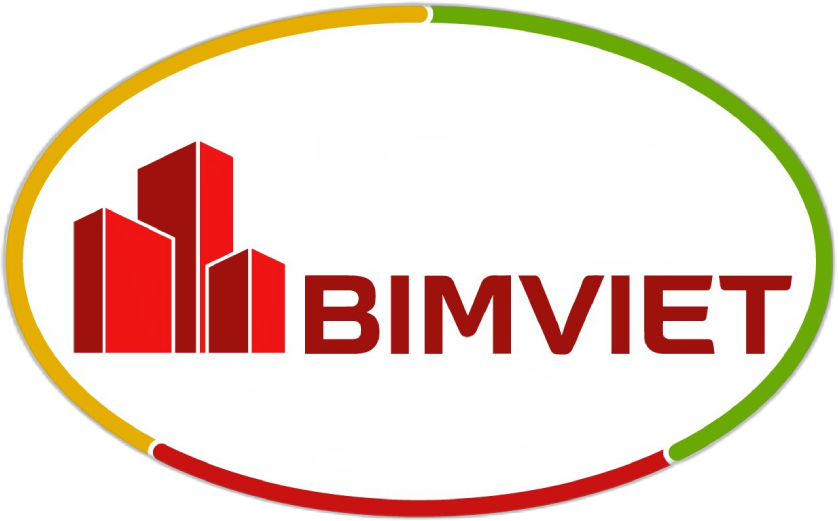Typically, those recovering from addiction are filled with feelings of guilt and shame, two powerful negative emotions. As a result, those recovering from addiction can https://ecosoberhouse.com/ be harsh inner critics of themselves and believe they do not deserve to be healthy or happy. Relapse is emotionally painful for those in recovery and their families.
Getting through the holidays while maintaining recovery, especially for people newer to this life-changing process, is an accomplishment worthy of celebration in its own right. John C. Umhau, MD, MPH, CPE is board-certified in addiction medicine and preventative medicine. For over 20 years Dr. Umhau was a senior clinical investigator at the National Institute on Alcohol Abuse and Alcoholism of the National Institutes of Health (NIH).
What to Do After a Relapse
Awareness of these risks and proactive communication with your treatment team and support network can help manage relapse triggers during major life changes. By developing adaptive coping skills and practicing self-care during transitions, you can continue on your path to recovery and avoid setbacks. When it comes to external triggers, active avoidance of certain places, breaking ties with specific individuals, and taking other conscious steps to limit exposure are advised. In contrast, managing internal triggers may involve developing healthier coping mechanisms and seeking professional help to better understand and process negative emotions. However, people without substance abuse issues can take a step back during these difficult times and assess their situation, individuals in recovery may have trouble doing this.
Depression Relapse: Signs, Treatment, and How to Cope – Healthline
Depression Relapse: Signs, Treatment, and How to Cope.
Posted: Thu, 30 Nov 2023 08:00:00 GMT [source]
The goal of addiction treatment is recovery, and part of the recovery process includes talking about relapse, since it can occur in recovery. Once a person begins drinking or taking drugs, it’s hard to stop the process. Good treatment programs recognize the relapse process and teach people workable exit strategies from such experiences. It’s an acknowledgement that recovery takes lots of learning, especially about oneself. Recovery from addiction requires significant changes in lifestyle and behavior, ranging from changing friend circles to developing new coping mechanisms.
The 4 most common types of addiction relapse triggers
The resurgence of physical health symptoms after a period of well-being signifies a physical health relapse. If you are at a gathering where provocation arises because alcohol or other substances are available, leave. Cravings can intensify in settings where the substance types of relapse triggers is available and use is possible. With your counselor or therapist, create a plan on how to handle the temptations that come with fun events like parties, weddings, holidays, and more. If you go into the situation unprepared, you’re more likely to relapse.

Creating a rewarding life that is built around personally meaningful goals and activities, and not around substance use, is essential. Recovery is an opportunity for creating a life that is more fulfilling than what came before. There is an important distinction to be made between a lapse, or slipup, and a relapse. The distinction is critical to make because it influences how people handle their behavior.
The All-Or-Nothing/Perfectionism Relapse
Your support system is one of the most important influences in your addiction recovery. Keeping in regular contact with your counselor or sponsor can help you avoid this relapse trigger. These types of relapse triggers are related to your environment — people, places, and objects physically around you that can spark memories of substance abuse. Encountering these triggers can be unavoidable, but by identifying them early, you can know what to expect. HALT is one of the more common and well-known relapse triggers in addiction recovery. These sensations can bring about a desire for the drug you’re working so hard to quit.
Deprecated: Function WP_Query được gọi với một tham số đã bị loại bỏ kể từ phiên bản 3.1.0! Hãy sử dụng
ignore_sticky_posts thay cho caller_get_posts (sẽ sớm bị loại bỏ) in /www/wwwroot/bimviet.com.vn/wp-includes/functions.php on line 5663